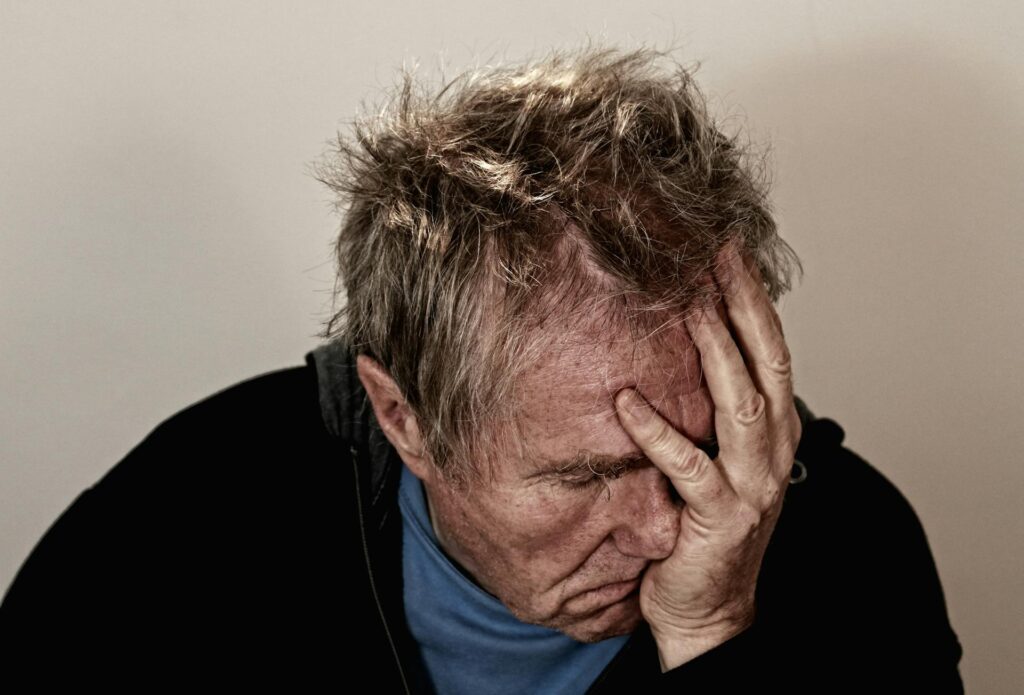What Are The Triggers Of Depression? How Massage Can Help

What Are The Triggers Of Depression? How Massage Therapy in Newmarket Can Help
Depression is more than just feeling sad—it’s a complex mental health condition that affects every aspect of life. If you’re in Newmarket and struggling with persistent low mood, fatigue, or emotional numbness, you’re not alone. While therapy and medication are common treatments, many don’t realize that massage therapy in Newmarket can also play a powerful role in managing depression symptoms.
At PhysioChiroWellness, we’ve seen firsthand how stress, chronic pain, and hormonal imbalances contribute to depression—and how therapeutic massage can help restore balance. This isn’t just about relaxation (though that helps too); massage triggers real physiological changes that combat depression at its roots.
In this guide, we’ll explore the lesser-known triggers of depression and how integrating massage therapy into your wellness plan can make a difference.
Understanding Depression: More Than Just “Feeling Down”
According to the Government of Canada’s mental health resources, depression affects nearly 1 in 4 Canadians at some point in their lives. It’s not a sign of weakness or something you can simply “snap out of.” Instead, it’s a medical condition influenced by:
- Biological factors (genetics, brain chemistry)
- Psychological factors (trauma, negative thought patterns)
- Environmental factors (chronic stress, isolation)
While antidepressants and counseling are crucial for many, complementary therapies like massage therapy in Newmarket can enhance treatment by addressing physical contributors to depression.
Surprising Triggers of Depression You Might Not Expect
1. Chronic Pain & Inflammation
Research shows a strong link between chronic pain (back pain, arthritis, migraines) and depression. When your body is in constant discomfort, it drains your mental resilience.
How massage helps:
- Reduces muscle tension and pain signals
- Lowers cortisol (stress hormone) levels
- Increases serotonin and dopamine (natural mood boosters)
2. Poor Sleep Quality
Sleep deprivation doesn’t just make you tired—it disrupts emotional regulation. The Canadian Mental Health Association confirms that insomnia and depression often go hand in hand.
How massage helps:
- Promotes deeper, more restorative sleep
- Calms the nervous system for easier relaxation
3. Hormonal Imbalances
Thyroid disorders, menopause, and even gut health impact mood. When hormones are out of balance, depression symptoms can flare.
How massage helps:
- Stimulates the lymphatic system to support hormone regulation
- Reduces stress-related hormone fluctuations
4. Emotional Trauma & Suppressed Stress
Unresolved trauma—whether from childhood, accidents, or grief—can manifest as depression years later.
How massage helps:
- Releases stored tension in the body (somatization)
- Encourages a safe, grounding connection between mind and body
5. Social Isolation & Loneliness
Humans are wired for connection. When we lack meaningful social interaction, depression risk increases.
How massage helps:
- Provides therapeutic touch, reducing feelings of isolation
- Boosts oxytocin (the “bonding hormone”)
Why Massage Therapy in Newmarket is an Effective Depression Support
While massage won’t replace therapy or medication, it’s a proven adjunct treatment. Studies cited by Health Canada show that regular massage:
- Lowers anxiety by up to 50%
- Reduces physical pain, breaking the pain-depression cycle
- Improves sleep quality, critical for emotional stability
At PhysioChiroWellness, our registered massage therapists tailor sessions to your needs—whether you require gentle relaxation or deep tissue work to release stored tension.
FAQs About Massage Therapy for Depression
Q: How often should I get massage therapy for depression?
A: Many patients benefit from weekly sessions initially, then transition to biweekly or monthly maintenance.
Q: Does massage therapy interact with antidepressants?
A: No, it’s safe and often enhances medication effects by reducing side effects like muscle tension.
Q: What type of massage is best for depression?
A: Swedish massage (relaxation-focused) is ideal for stress relief, while myofascial release helps with chronic pain-related depression.
Q: Can massage therapy replace counseling?
A: No, but it’s a powerful complementary therapy. Think of it as part of a holistic mental health plan.
Take the First Step Toward Emotional Wellness
If depression has been weighing you down, massage therapy in Newmarket could be the supportive care you’ve been missing. At PhysioChiroWellness, we create a safe, judgment-free space to help you heal—body and mind.
